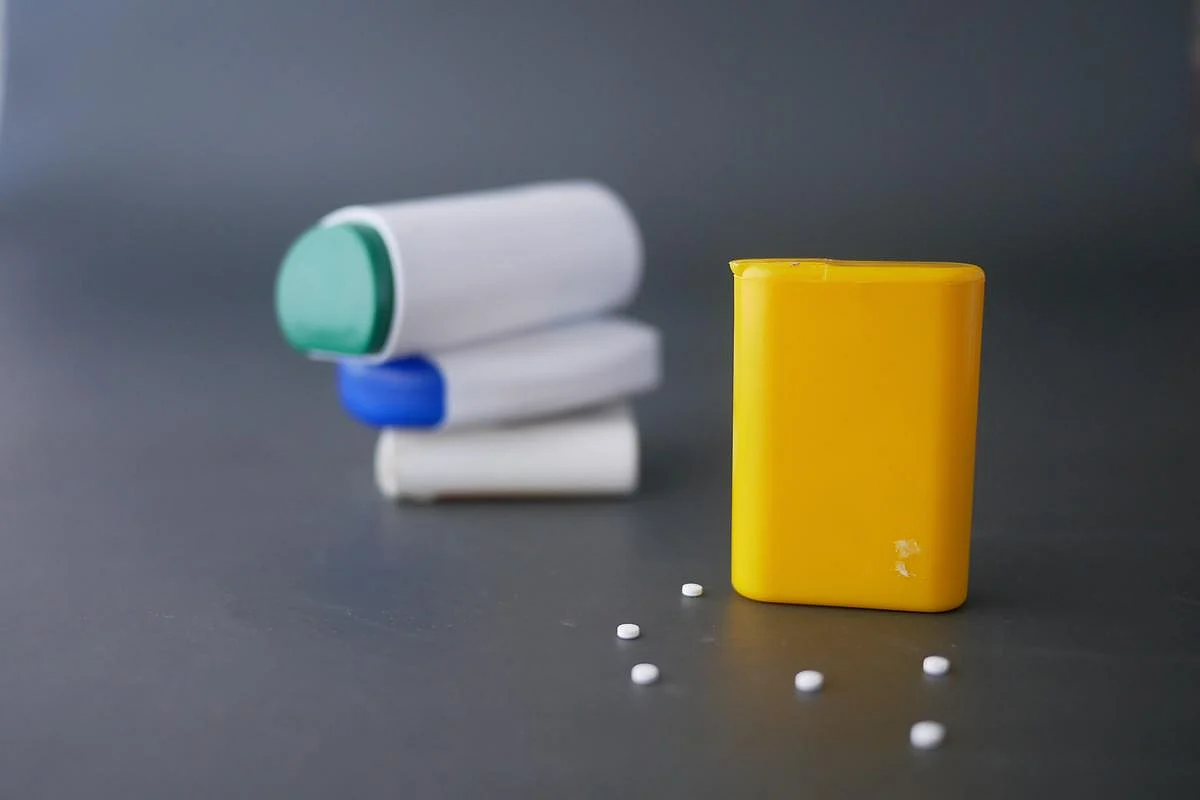ENDO: Sweeteners, Genetic Predisposition Independently Linked to Early Puberty
TUESDAY, July 15, 2025 -- Sweetener consumption and genetic predisposition are independently associated with the risk for central precocious puberty (CPP), according to a study presented at ENDO 2025, the annual meeting of the Endocrine Society, held from July 12 to 15 in San Francisco.
Yang-Ching Chen, M.D., Ph.D., from the Taipei Municipal Wan Fang Hospital in Taiwan, examined sweetener consumption, genetic predisposition, and CPP risk interactions in a population-based cohort of 1,407 children to inform prevention strategies. Validated questionnaires and urinary biomarkers were used to assess sweetener intake, and genetic predisposition was quantified using polygenic risk scores derived from 19 CPP-related single nucleotide polymorphisms.
Chen found that 481 participants were diagnosed with CPP. Significant associations were seen for aspartame, sucralose, glycyrrhizin, and added sugars with an increased risk for CPP, especially in genetically predisposed individuals. There was a dose-dependent relationship noted, with CPP risk amplified by higher intake of these sweeteners. In boys, sucralose showed a stronger association with CPP, while glycyrrhizin, sucralose, and added sugars were especially impactful in girls. There were no significant interaction effects noted between genetic predisposition and sweetener intake.
"The findings are directly relevant to families, pediatricians, and public health authorities," Chen said in a statement. "They suggest that screening for genetic risk and moderating sweetener intake could help prevent early puberty and its long-term health consequences."
Disclaimer: Statistical data in medical articles provide general trends and do not pertain to individuals. Individual factors can vary greatly. Always seek personalized medical advice for individual healthcare decisions.
© 2025 HealthDay. All rights reserved.
Read this next
Cancer Survival Lower in Rural Areas
WEDNESDAY, Oct. 1, 2025 -- Five-year cancer survival rates for each stage of cancer (localized, regional, and distant) is lower in nonmetropolitan areas for Black and White...
Loss of Smell May Linger After COVID-19
WEDNESDAY, Oct. 1, 2025 -- Self-reported change or loss in smell or taste is an accurate signal of verified hyposmia after COVID-19, although there is also a high rate of hyposmia...
Elderly Patients Benefit From Screening Mammography
WEDNESDAY, Oct. 1, 2025 -- Patients with breast cancer diagnosed at 80 years of age or older who received screening mammography present with earlier-stage disease and have better...
More news resources
- FDA Medwatch Drug Alerts
- Daily MedNews
- News for Health Professionals
- New Drug Approvals
- New Drug Applications
- Drug Shortages
- Clinical Trial Results
- Generic Drug Approvals
Subscribe to our newsletter
Whatever your topic of interest, subscribe to our newsletters to get the best of Drugs.com in your inbox.


